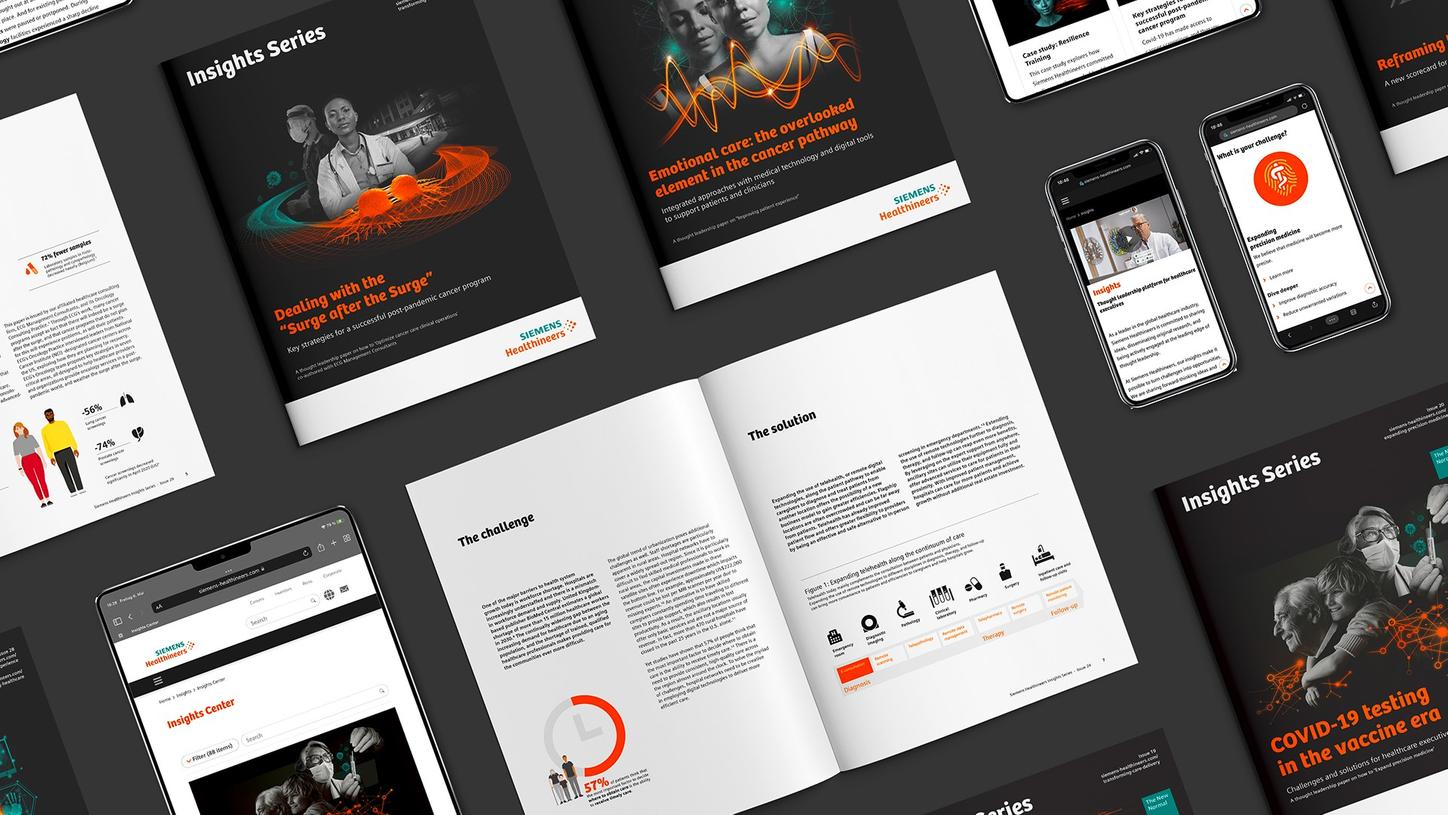During the COVID-19 crisis, we have become more dependent on our healthcare services than ever before – yet for many people, the pandemic has also created new realities. A survey in the U.S. indicated that 45% of the population would be uncomfortable seeking care in an emergency room setting during the pandemic, about 30% in the hospital, and 37% in a walk-in clinic1. As a result, many patients have delayed or avoided medical care.
This not only affects the well-being of patients; a decline in patient volumes can also have a serious business impact. It can destabilize revenue streams and result in greater costs in the long term due to more serious medical conditions that require treatment.
Strengthening patient trust must be a priority for all healthcare providers, large and small, as we emerge from the pandemic.
This paper examines the steps taken by Cleveland Clinic Health System to successfully respond to the challenge of strengthening patient trust. Dr. Adrienne Boissy, Chief Experience Officer at Cleveland Clinic Health System, highlights key focus areas that provide direction on how to emerge from the crisis stronger and how to strengthen the trust of patients and care teams in the future.
This paper is part of the Siemens Healthineers Insights Series - The New Normal. It provides ideas and solutions on ‘Improving Patient Experience’ and is co-authored with Adrienne Boissy, MD, MA, Chief Experience Officer at Cleveland Clinic.
Key takeaways from Cleveland Clinic
Four pain points identified by Cleveland Clinic during the pandemic:
- A lack of ease: administrative burdens create more inconveniences for patients as do unexplained waits for test results, appointments, and transfers. The result is a patient narrative of feeling ignored and disrespected.
- An absence of timely responsiveness: most patients expect to receive their diagnostic results as soon as they are available, not depending on the clinician's time.
- Insufficient communication or empathy: patients often don't feel part of the care decisions and need to become the center of our operations.
- Navigating the billing experience: research led by both the billing department and the Insights Studio, a Cleveland Clinic design team, identified five reasons why those patients who fail to pay their medical bill don’t pay: skepticism of accuracy, confusion, searching for answers about the bill, struggling to pay, and prioritizing their spend.
Based on analysis and further considerations of the above-mentioned pain points, Dr. Boissy and her team provide several recommendations to move forward and face the challenge of strengthening patient trust during and after the pandemic, such as:
- Make access to care easier. Meet patients where they are.
- Listen intently to the pain points of patients, and of the healthcare professionals and teams.
- Embrace tools and technology that enable hospitals and healthcare teams to design effective virtual experiences for both patients and healthcare teams.
- Offer training for clinicians on virtual best practices in communication.
- Place the patient as the center – the actual functional center of the team.

About Adrienne Boissy, MD, MA
“Can empathy help heal healthcare?”. In a comprehensive NEJM Catalyst piece, she has proposed a comprehensive
overhaul of experience measurement in a post-COVID digital world. She has been featured in The Wall Street Journal, NPR, The Washington Post, Forbes, and The Atlantic, among others. A Harvard Macy scholar, she has been internationally recognized as a leading physician executive and industry pioneer.

Don’t miss the latest insights
Subscribe to receive upcoming Insights Series and other thought leadership insights sent to you personally, free of charge.




